Google have now finally unveiled their new cloud gaming service named Stadia, offering instant access to play games in Google Chrome.
What they joked was the worst-kept secret in the industry (no kidding), sounds like quite an interesting service. Certainly one that could eventually end up redefining what gaming is. A little hyperbolic maybe? I'm not so sure considering how easy this should be to jump into a game. On top of that, they very clearly talked about how it's built on Linux (Debian specifically) and Vulkan with custom GPUs from AMD.
Something they showed off, was how you could be watching a game trailer with a button to play it on Stadia and (supposedly within a few seconds) you would jump right into it. That's quite en exciting idea, one that would easily pull in quite a lot of people I've no doubt.
As for resolution, they said it will support 1080p and 4K around 60FPS at release with 8K being worked on as well but that sounds further out if anyone even cares about 8K right now.
They also showed off their new controller, with a dedicated Google Assistant button and a button to capture video immediately for YouTube:
While Google are making their own dedicated gamepad, they did say it will be compatible with other devices too.
They also announced partnerships with both Unity and Unreal Engine and Stadia will "embrace full cross-platform play" including "game saves and progression". They also had id Software, talk about how it didn't take long to bring the new Doom Eternal to Stadia, thanks to how they made the previous Doom game with Vulkan.
This means, that development for Linux is suddenly going to become a priority for a lot more developers and publishers. I don't want to overstate how important that is, but it's a very exciting prospect. This doesn't suddenly mean we're going to see a lot more Linux games on the desktop, but it's entirely possible after they go through all the work to get the games working on Linux with Vulkan for Stadia.
Stream Connect is another service they talked about. They mentioned how developers have pushed the boundaries of gaming but often local co-op is left out, as doing it multiple times in top-end games can require really beefy hardware. With Stadia, each instance would be powered by their servers so it wouldn't be such an issue. They also talked about how if you're playing some sort of squad-based game, how you could bring up their screen to see what they're doing which sounds very cool.
Google also announced the formation of their own game studio, Stadia Games and Entertainment, to work on exclusive games for their new service.
As for support from more external game developers, they mentioned how they've shipped "development hardware" to over 100 developers. From what they said, it should be open to smaller developers as well as the usual AAA bunch.
Stadia is confirmed to be launching this year and it will be first available in the US, Canada, UK and "most of Europe". One thing wasn't mentioned at all—price, but they said more details will be available in the summer. The official site is also now up on stadia.com and developers have their own website to look over.
Google also posted up some extra information on their developer blog:
Google believes that open source is good for everyone. It enables and encourages collaboration and the development of technology, solving real-world problems. This is especially true on Stadia, as we believe the game development community has a strong history of collaboration, innovation and shared gains as techniques and technology continually improve. We’re investing in open-source technology to create the best platform for developers, in partnership with the people that use it. This starts with our platform foundations of Linux and Vulkan and shows in our selection of GPUs that have open-source drivers and tools. We’re integrating LLVM and DirectX Shader Compiler to ensure you get great features and performance from our compilers and debuggers. State-of-the-art graphics tools are critical to game developers, and we’re excited to leverage and contribute to RenderDoc, GAPID and Radeon GPU Profiler — best of breed open-source graphics debugging and profiling tools that are continually improving.
There's probably plenty I missed, you can see their video on YouTube here.
As exciting and flashy as it sounds, it's obviously not Linux "desktop" gaming which is what the majority of our audience is likely interested in. However, things change and if it does become a huge hit we will cover it more often if readers request it. Linux gaming can mean all sorts of things from native games to emulators, Wine and Steam Play and now perhaps some cloud gaming so I don't want to rule it out. However, I can't see this replacing Steam, Humble, GOG, itch.io and so on for me personally.
Obviously there’s still a lot of drawbacks to such a service, especially since you will likely have zero ownership of the actual games so they could get taken away at any time when licensing vanishes. At least with stores like Steam, you still get to access those games because you purchased them. Although, this does depend on what kind of licensing Google do with developers and publishers, it might not be an issue at all but it’s still a concern of mine. Latency and input lag, are also two other major concerns but given Google's power with their vast networks, it might not be so bad.
Also, good luck monitoring your bandwidth use with this, it's likely going to eat up a lot all of it. YouTube and Netflix use up quite a bit just for watching a 30-minute episode of something in good quality, how about a few hours per day gaming across Stadia? Ouch.
That doesn't even address the real elephant in the room, you're going to be giving Google even more of your data if you use this service, a lot more. This is the company that failed to promptly disclose a pretty huge data leak in Google+ after all. I don't want to be some sort of scaremongering crazy-person but it's something to think about.
As always, the comments are open for you to voice your opinion on it. Please remain respectful to those with a different opinion on the matter.
Besides, you are not buying games individually to play on Stadia (if you did, yes your concern would be totally valid). If you pay a 10$ subscription fee, you can't expect to be able to download and play every game Stadia offers outside of it as if you owned all of them.
And that is the problem. Not the "you don't own the game"; rentals are not necessarily bad (though I am not a fan). The "outside of it". Yeah, you are paying, you should be able to run it however you want. If this is not possible, then this rental model is a bad thing.
If 15 years ago they described Netflix, there would have probably been similar reactions: "Can't own the movie anymore. I can only watch on Netflix. That's bad". But here we are, and I don't care at all if I don't have the DVD to something I once watched on Netflix and moved on.
I don't consider Netflix a good thing. It has introduced DRM into internet standards, among other harm it has caused. It is convenient, I use it, but on the big scale the movie distribution market is just dystopian. We put up with it because they killed the better alternatives, and because it was even worse before (premium cable and region-locked dvds). For games, we already have something better (though not good enough), and moving into a "people don't own games anymore", "let's bake DRM into browsers" market would be a huge step back.
Frankly, the best option (ethics and freedom-wise, not in terms of profit) would just be an user-friendly "rent server time" service, where the client has access to the infrastructure but is in control of what actually runs in the server. Get a powerful computer to run your games, but don't make it a "game streaming service".
Something like this, but with powerful graphics cards?
https://aws.amazon.com/workspaces/pricing/?nc1=h_ls
... together with the assurance that the connection is encrypted, and the host won't be peering into what you're up to?
I'd love to have something like that; but currently even the base usage (like getting a raspberry pi 'in the cloud') prices are pretty steep.
Last edited by hagabaka on 20 Mar 2019 at 3:59 pm UTC
Like I said, please think about what _you_ would have done if you were the lead of Stadia. Being large-distributed-data-center-based, how could you ensure that games that are built for that scale could run on a PC? Besides, you are not buying games individually to play on Stadia (if you did, yes your concern would be totally valid). If you pay a 10$ subscription fee, you can't expect to be able to download and play every game Stadia offers outside of it as if you owned all of them.
If 15 years ago they described Netflix, there would have probably been similar reactions: "Can't own the movie anymore. I can only watch on Netflix. That's bad". But here we are, and I don't care at all if I don't have the DVD to something I once watched on Netflix and moved on.
I have a library of ~200 games on steam, and honestly I have rarely ever went back to any of them after one playthrough. I think this is less of a DRM issue and more of a paradigm shift from people buying games individually to subscription-based play-whatever-you-want-without-having-to-buy-it-first-and-return-if-shitty. I don't think Google is actively trying to implement DRM in Stadia. As I see firsthand at Google, we are all trying to build amazing stuff, and have little time for bullshit like that.
I answered your question about "what _you_ would have done if you were the lead of Stadia", you missed it. Please see:
https://www.gamingonlinux.com/articles/google-announce-stadia-their-new-cloud-gaming-service-built-on-linux-and-vulkan.13792/comment_id=150843
Regarding "being large-distributed-data-center-based, how could you ensure that games that are built for that scale could run on a PC?" I don't see any problem here. Most high end PCs are going to be better than supposed instances that Stadia is offering. And most PC games are already built to scale according to hardware. So noting should stop them from running both on Stadia and on regular desktop Linux (as long as they provide those options as you said with SDL and different swapchains).
About coming back to games, I often replay my games which I bought in DRM-free stores like GOG, itch.io and others. I'm not using Steam due to DRM, and surely not going to use even more DRMed Stadia for same reason.
And I agree about Netflix being a bad option. It doesn't offer a DRM-free ability of downloading films that you could buy straight. And the reason DRM-free video stores still don't exist is simply stupid backward thinking of various lawyers who are afraid of it
See about first hand experience of those who were trying to open one: https://www.gog.com/forum/general/introducing_gogcom_drmfree_movies/post499
Last edited by Shmerl on 20 Mar 2019 at 4:20 pm UTC
... and surely not going to use even more DRMed Stadia for same reason.
As I wrote above, Stadia is by its very design DRM free.
As I wrote above, Stadia is by its very design DRM free.
It's by design super DRMed, since it's a renting service that doesn't allow you to buy a game, have a backup and use it without relying on any store and such in the future to play it.
The definition of DRM-free is roughly "buy and don't have any restrictions placed on the purchase after you bought it". Stadia clearly doesn't fit it. For instance you won't be able to play anything there if your account is closed or Stadia itself closes down. Same issue affects all DRMed services which have a perpetual requirement of connecting to their backend to use digital goods they are offering.
Last edited by Shmerl on 20 Mar 2019 at 4:30 pm UTC
The definition of DRM-free is "buy and don't have any restrictions placed on the purchase after you bought it".
I know you're a DRM free advocate, but that's just nonsense in this context. There is nothing to buy, so this definition does not apply.
I know you're a DRM free advocate, but that's just nonsense in this context. There is nothing to buy, so this definition does not apply.
There is nothing to buy, so it doesn't fit the definition of being DRM-free, ergo it's a DRMed digital store. Not sure what's hard to understand here. Commonly, renting digital stores are DRMed because of the above.
Last edited by Shmerl on 20 Mar 2019 at 4:35 pm UTC
There is nothing to buy, so it doesn't fit the definition of being DRM-free, ergo it's a DRMed digital store. Not sure what's hard to understand here.
There is no store. You're paying for time on service that allows you to use something that you can't use in any other place. Everything you said so far is irrelevant.
There is no store. You're paying for time on service that allows you to use something that you can't use in any other place. Everything you said so far is irrelevant.
I don't care if you call it a store or a "renting service". You yourself said "there is nothing to buy". Being able to buy is part of definition of being DRM-free. So it doesn't fit the definition of being DRM-free, that's it and your claim that it's not DRMed is simply false.
And let's wait for ShabbyX to answer my points, since he was asking "how else streaming could be done to actually be DRM-free", which I answered above.
Last edited by Shmerl on 20 Mar 2019 at 4:41 pm UTC
So it doesn't fit the definition of being DRM-free
I'm going to buy some bread at the supermarket. When I finished it, I can't use it anymore. It's not DRM free!
Yes, I know, it's completely irrelevant, just like your argument.
I'm going to buy some bread at the supermarket. When I finished it, I can't use it anymore. It's not DRM free!
What, the store enforcers run after you and grab your bought bread away on a whim? Or the bread has a self destruct trigger attached that can be activated by the store? What kind of bread do you buy??
Hint: be careful with analogies from physical merchandise to digital goods. They are not always matching one to one. But if you are using one, at least find something close enough.
I see no point in arguing about definition of DRM. Please don't waste time in this thread on it.
Last edited by Shmerl on 20 Mar 2019 at 4:46 pm UTC
So if Stadia were DRM free, you would be able to download the game and copy it to other devices to play it, and even play it after the renting period.
Renting a movie DRM free would mean you could download the movie, copy it to other devices to watch it, and even watch it later. It would be breaching the contract to watch it after the renting period, but there would not be a system to prevent it.
So if Stadia were DRM free, you would be able to download the game and copy it to other devices to play it, and even play it after the renting period.
Exactly my point. Let me repeat what I said above already to answer ShabbyX how such thing could be implemented DRM-free, since the answer was swallowed with all this pointless claiming that Stadia isn't DRMed:
-----------
DRM issue here is quite obvious. Streaming idea itself of course doesn't imply renting or DRM and just means certain functionality. I.e. you can have a DRM-free store with streaming... as long as the game is provided for download alongside the streaming option. Unfortunately Stadia doesn't have such choice. So imagine a DRM obsessed publisher, which will figure, that releasing only on Stadia is a neat way to ensure that game can't ever be redistributed. That's like DRM on steroids basically.
Taking streaming and DRM-free examples from other media, consider Bandcamp. It sells DRM-free music, and it as well allows you to stream it as a convenience. In contrast stores like Spotify are DRMed, since they don't offer downloads and you can only rent, not buy music there.
Same thing here, what stops Stadia from selling (rather than renting) games, allowing both downloads and streaming for purchased games? That would make it DRM-free. As it stands now, it's DRMed, since it's a renting service.
TL;DR: equating streaming with renting is wrong, it's an artificial, not a natural combination. You can have a DRM-free store that sells digital products and also uses streaming along with it as a convenience feature.
If the back end is running Linux, not just the console, then I can see this improving libraries at least, and possibly some developers might be encouraged to also release on the desktop. Though I wonder if their justified fear of the support and the multitude of distributions, while Stadia is one platform, would keep them away.
In the end, I don't think all other forms of gaming will cease. When DRM became popular, non-DRM games were still being made. When loot boxes became popular, games without them were still being made. So it will be with Stadia. Non-streamed games will still be made.
Now, didn't they say the console itself is more powerful than an Xbox and a PS4 combined? Do they need all of that power just for streaming? Perhaps the console will be able to run programs locally.
Now, didn't they say the console itself is more powerful than an Xbox and a PS4 combined? Do they need all of that power just for streaming? Perhaps the console will be able to run programs locally.I was under the impression that it would not be a console, but just a controller which works with a computer/smart phone or ChromeCast and a cloud platform.
Last edited by hagabaka on 20 Mar 2019 at 5:02 pm UTC
I'm going to buy some bread at the supermarket. When I finished it, I can't use it anymore. It's not DRM free!
What, the store enforcers run after you and grab your bought bread away on a whim? Or the bread has a self destruct trigger attached that can be activated by the store? What kind of bread do you buy??
Hint: be careful with analogies from physical merchandise to digital goods. They are not always matching one to one. But if you are using one, at least find something close enough.
You completely missed the point. Yes, it doesn't work for physical merchandise. It could work for renting if the data that is sent to you is mangled in such a way that it is useless to you. Which is actually fair in renting since you don't pay to own it. However, if this last one doesn't apply here since nothing is mangled in any way because nothing that is transmitted needs to be protected. So all that's left is arguing that you don't like renting game time. Which is fair enough, but don't call it DRM. That only pollutes the arguments again actual problematic DRM.
I'll end this with my opinion with technical reasons. I don't think this service will provide the best experience. Since lag is a problem with any on-line game, it will also be problem here. I have no interest in paying for a service that delivers a subpar experience.
Last edited by Ehvis on 20 Mar 2019 at 5:05 pm UTC
So all that's left is arguing that you don't like renting game time. Which is fair enough, but don't call it DRM.
Call it what you want, I don't call it DRM-free since it very clearly doesn't fit the definition and has all the common flaws of any other DRMed store, and it's enough for me to avoid it. So please stop the pointless demagoguery which only derails this thread.
Last edited by Shmerl on 20 Mar 2019 at 5:12 pm UTC
Now, didn't they say the console itself is more powerful than an Xbox and a PS4 combined? Do they need all of that power just for streaming? Perhaps the console will be able to run programs locally.I was under the impression that it would not be a console, but just a controller which works with a computer/smart phone or ChromeCast and a cloud platform.
To address that, paying a subscription fee for streaming is not a bad thing. I.e. those who want streaming can pay a monthly fee for it. It doesn't preclude being able to buy and download the actual game in the same store. This way it can remain DRM-free and offer sustainable way of providing infrastructure for streaming at any time for those who want it.
I.e. the DRM-free streaming store can offer such features:
1. You pay for the game - you get it and can download the DRM-free package.
2. If you want to be able to stream any of your purchased games, you can pay some monthly fee for the service.
3. If you want to be able to stream any of the games in the catalog without buying (i.e. just renting), you can pay somewhat more than for option #2, while avoiding paying #1.
So this will cover all use cases, and still be DRM-free.
Last edited by Shmerl on 20 Mar 2019 at 5:31 pm UTC
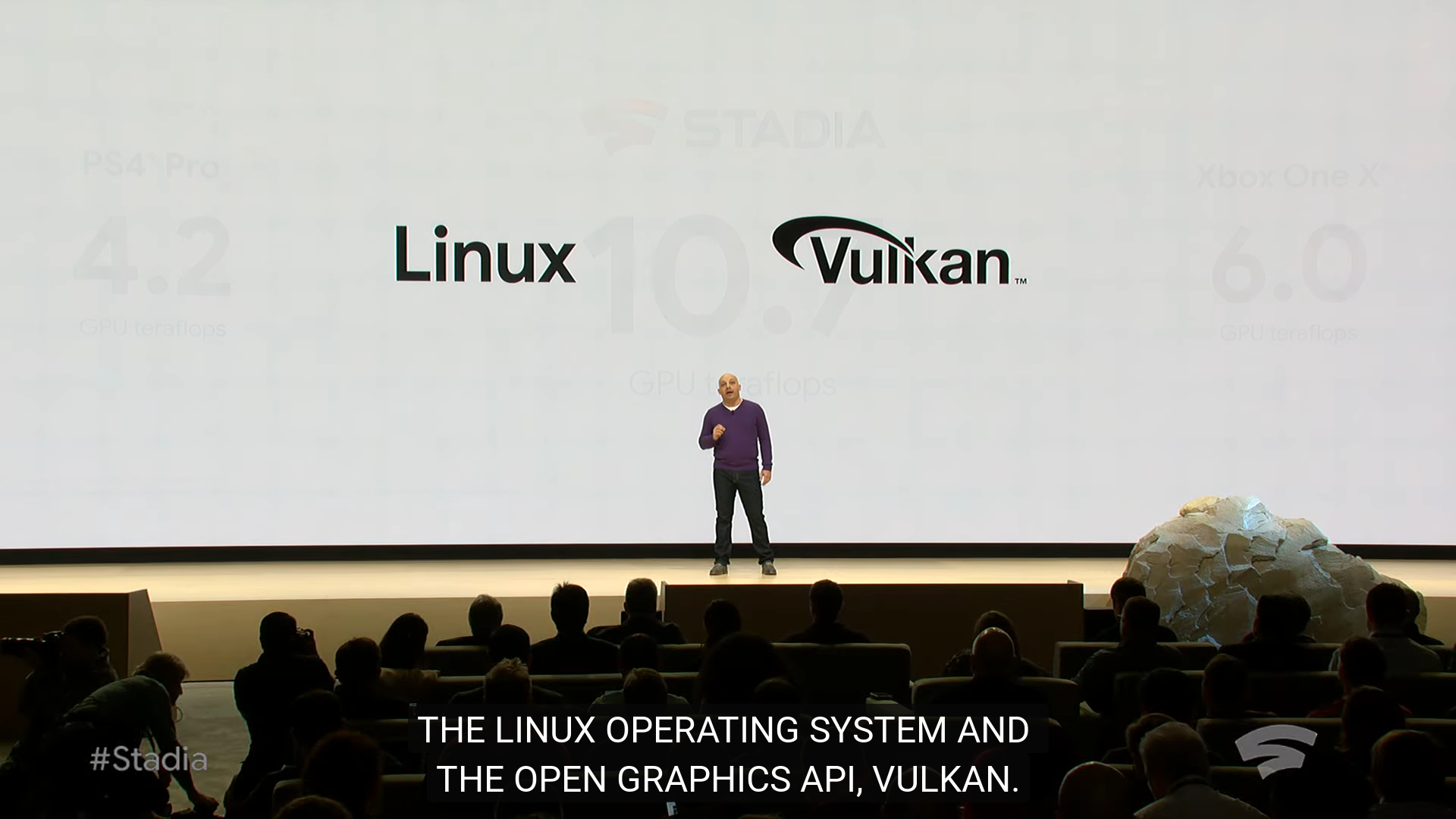
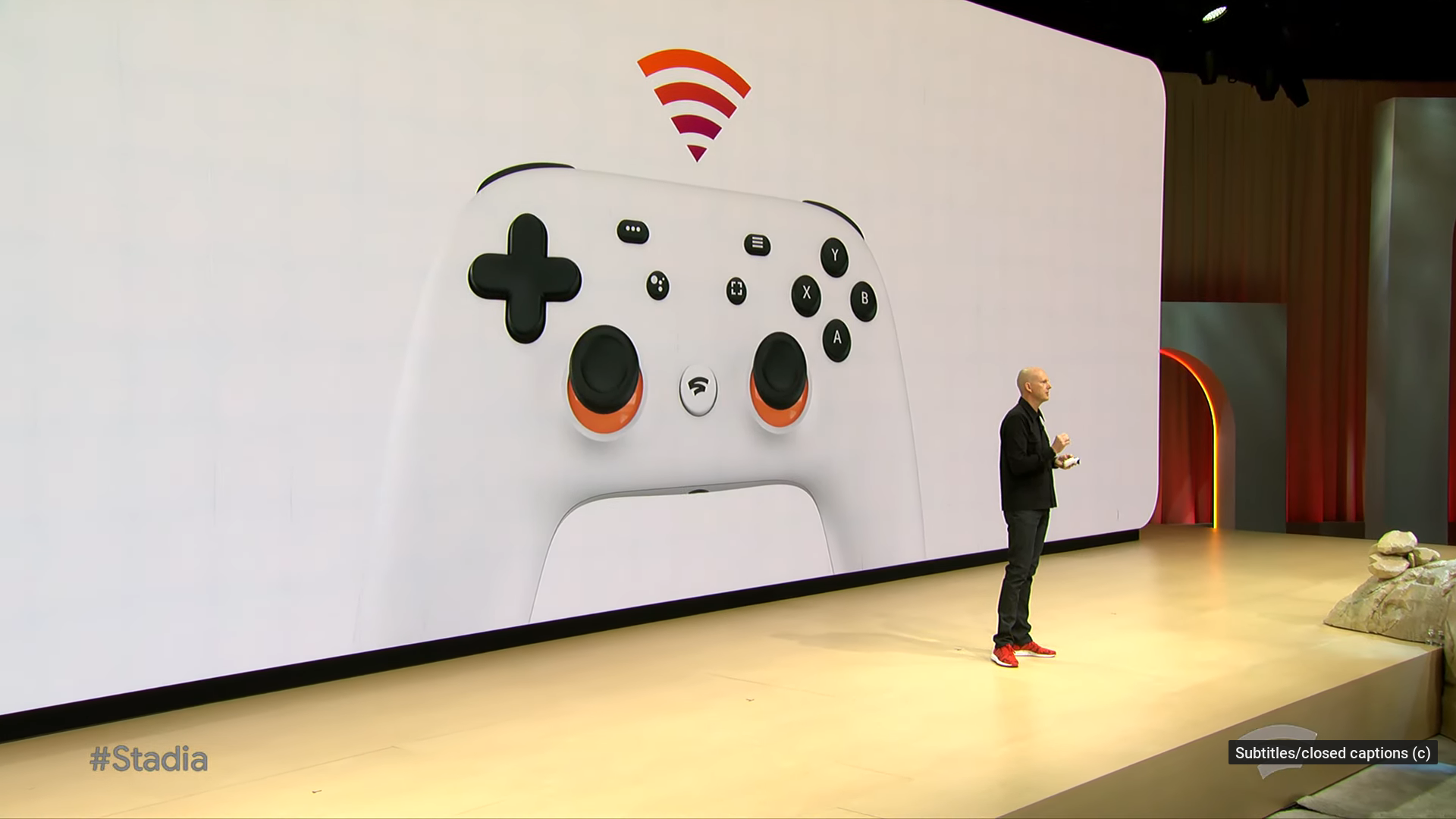
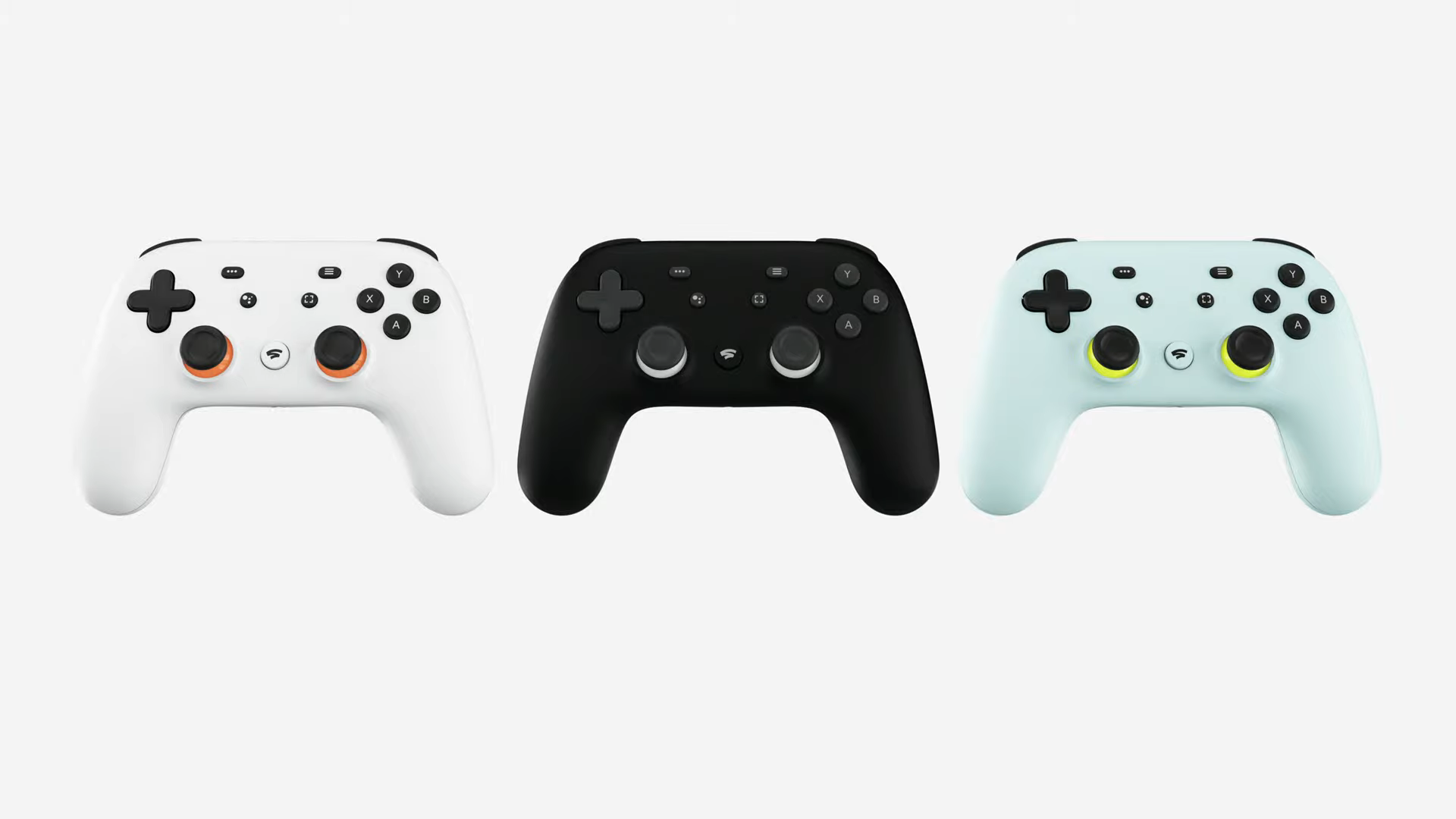
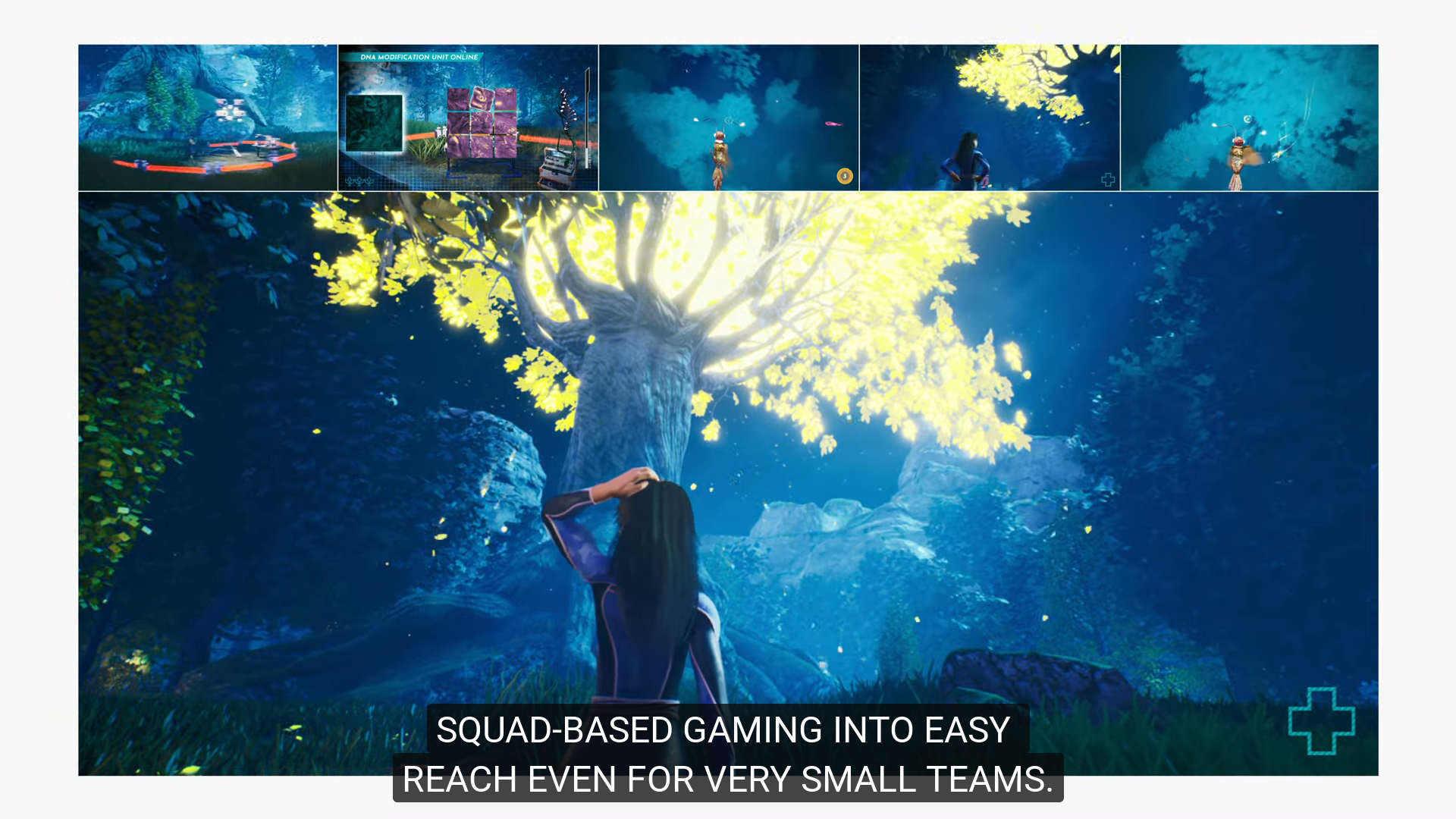


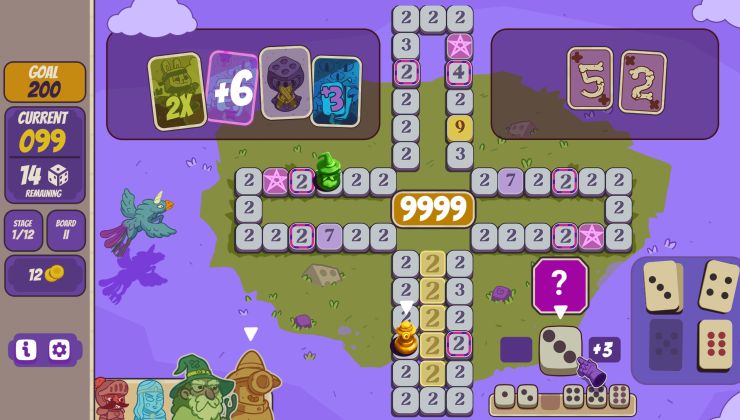
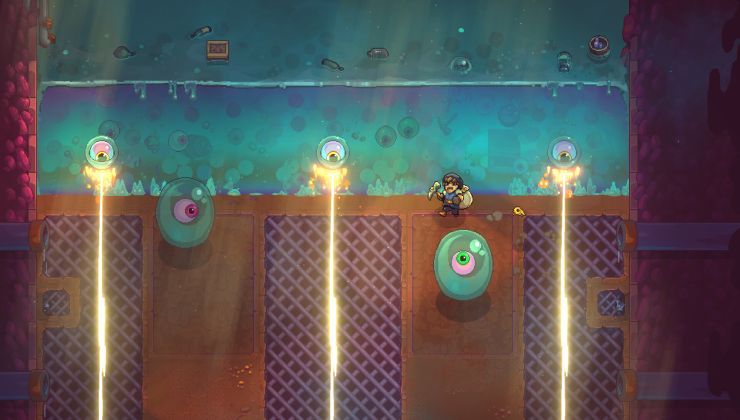




 How to set, change and reset your SteamOS / Steam Deck desktop sudo password
How to set, change and reset your SteamOS / Steam Deck desktop sudo password How to set up Decky Loader on Steam Deck / SteamOS for easy plugins
How to set up Decky Loader on Steam Deck / SteamOS for easy plugins
See more from me